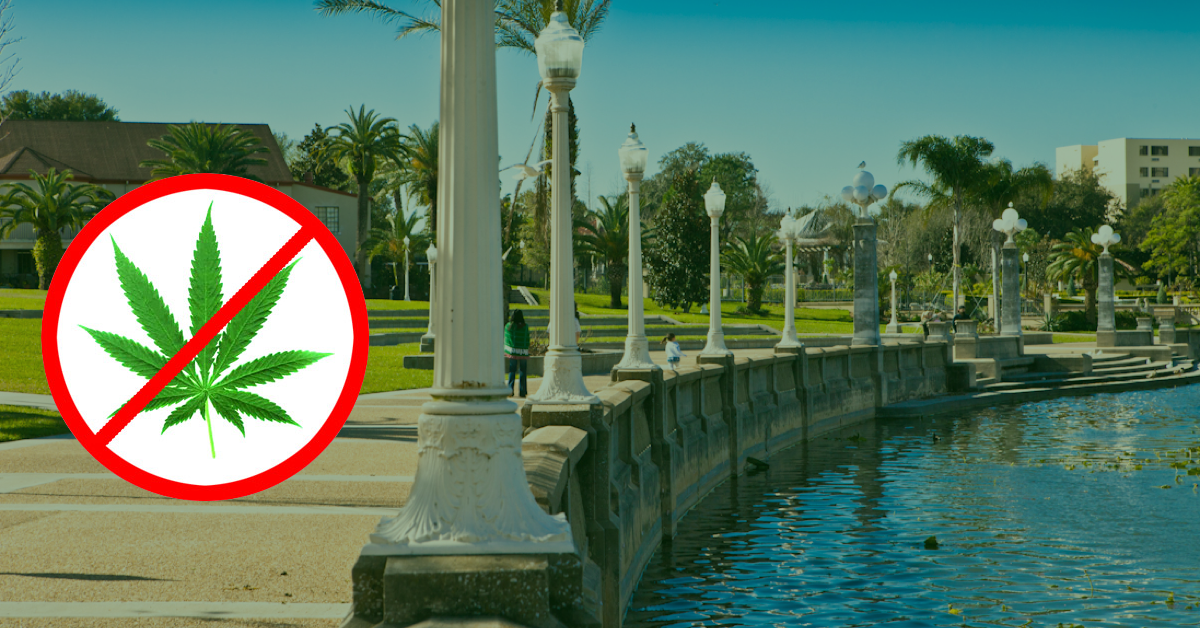
LAKELAND — After Tampa city council members voted 5-1 Thursday to decriminalize the possession of 20 grams or less of marijuana, some local law enforcement officials said they are hopeful it won’t happen in Polk County.
“I don’t believe it’s a good idea,” said Chief Larry Giddens of the Lakeland Police Department. “I am opposed to the legalization of marijuana.”
The new ordinance in Tampa allows law enforcement officers to issue civil citations for a misdemeanor instead of filing criminal charges against people carrying 20 grams or less of marijuana. A first offense would result in a $75 fine and then the fine would increase with each new offense.
Giddens said he thinks decriminalizing lesser amounts of marijuana is just the first step in legalizing it all together.
He said if that kind of ordinance was ever proposed in Lakeland he would fight against it, but doesn’t think it would go through anyways.
“I would certainly want to be involved in that discussion to give it a different view,” he said. “I believe a majority of city commissioners are opposed to it; I don’t want to speak for them, but I think that they would be.”
Miami-Dade commissioners also voted to treat the misdemeanor of possession 20 grams or less of marijuana as a civil citation or $100 fine in June 2015.
Polk Sheriff Grady Judd, who has been vocal in the past about his feelings on the decriminalization or legalization of marijuana, was not available for comment.
He has been reported saying he opposes the legalization of marijuana.
“I have seen the death and destruction of families caused by marijuana,” Judd said, according to a recent Ledger report on how polls show medical marijuana has strong support.
Many Polk County residents are not in agreement with law enforcement’s decision against decriminalizing cannabis. Obviously, there would be a lot of benefits to decriminalization, one being fewer arrests for marijuana. This could potentially free up resources to focus on more serious crimes.
Probation laws have disproportionately affected minority communities. Some would say that history will view the current laws as racist and and easy way to round up people in place them in Florida’s for profit prison system to produce cheap labor.
“I think it’s a good idea,” said Kayla Owens of Lakeland. “Polk needs to stop focusing on marijuana and focus on things that are destroying our city, like meth and heroin.”
Polk County jails are overpopulated in part because of petty marijuana arrests and local taxpayers are the ones having to pay to keep them in there.
Hillsborough County has a different attitude when it comes to the decriminalization of marijuana.
Brad Davis is an advocate for decriminalization and agrees with Owens, stating law enforcement should stop focusing on minor offenses and work to put away the real criminals.
“Hillsborough has no problem, as they know arresting and wasting time on this is nothing more than a burden to the court system and jails,” he said.
At this point it is unknown whether Polk County as a whole or individual cities will ever decide to join in on the trend of decriminalizing misdemeanor marijuana possession. Currently, Florida law still treats it as a criminal offense punishable by up to one year in jail and a $1,000 fine.
Originally Posted on: www.theledger.com

